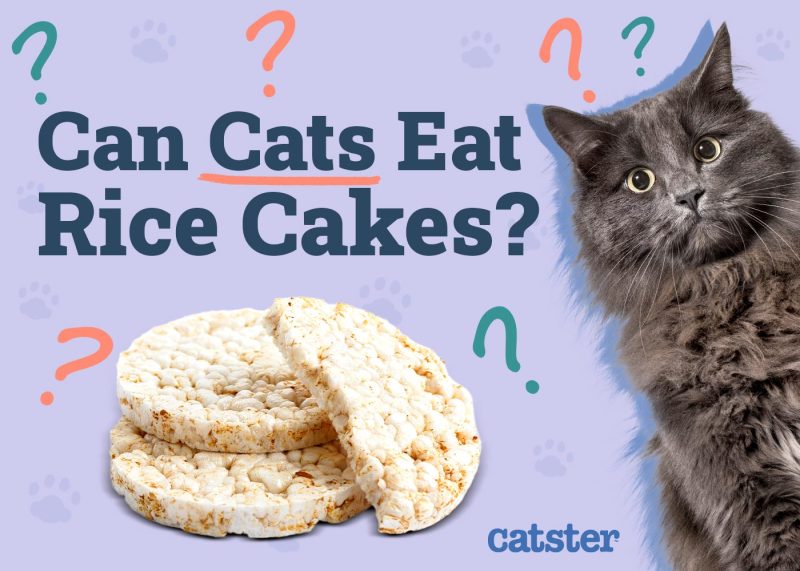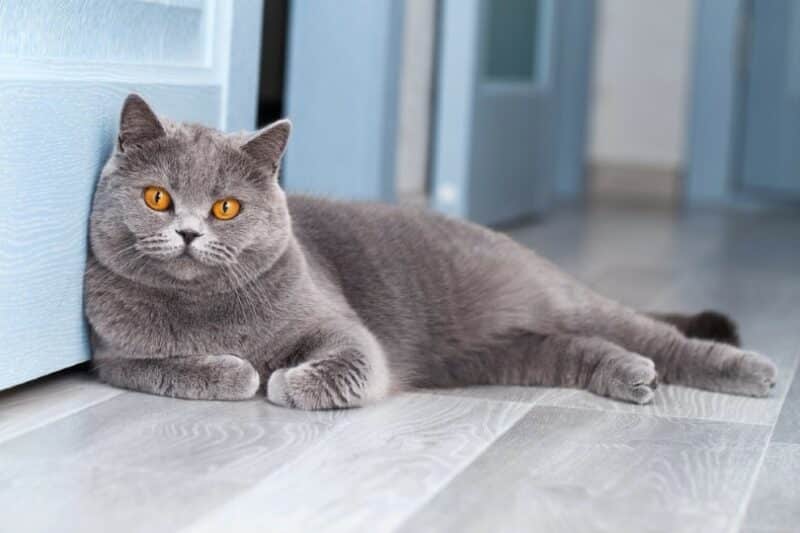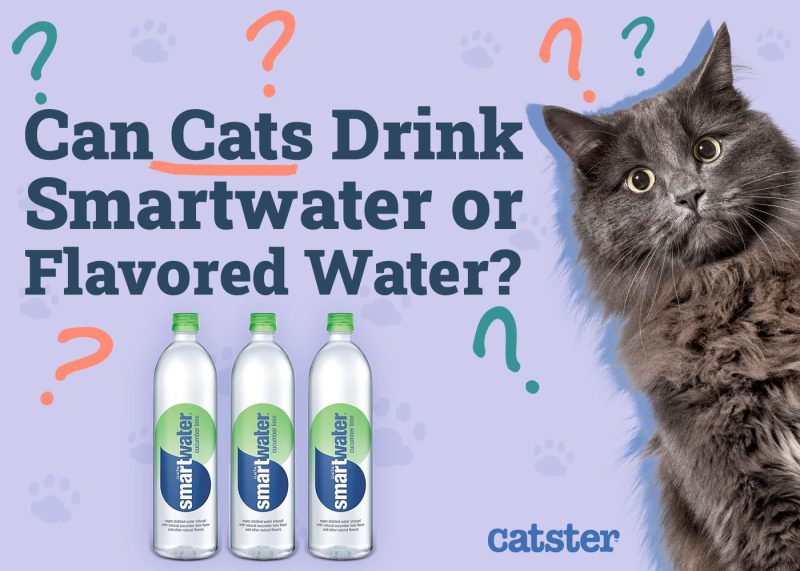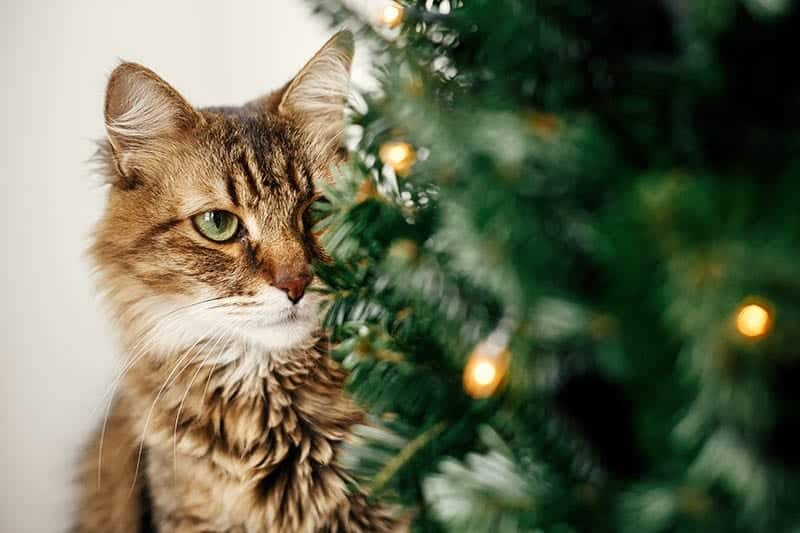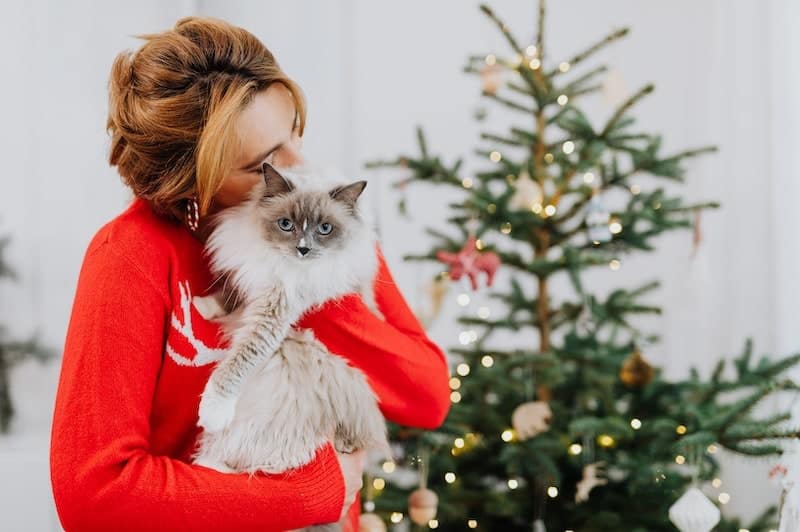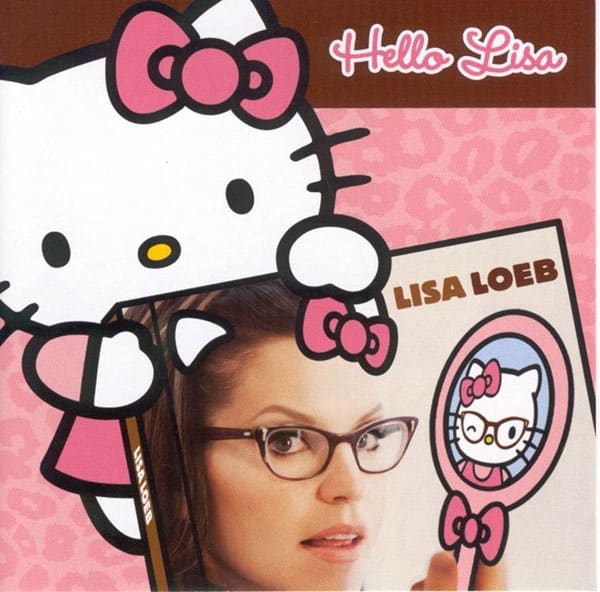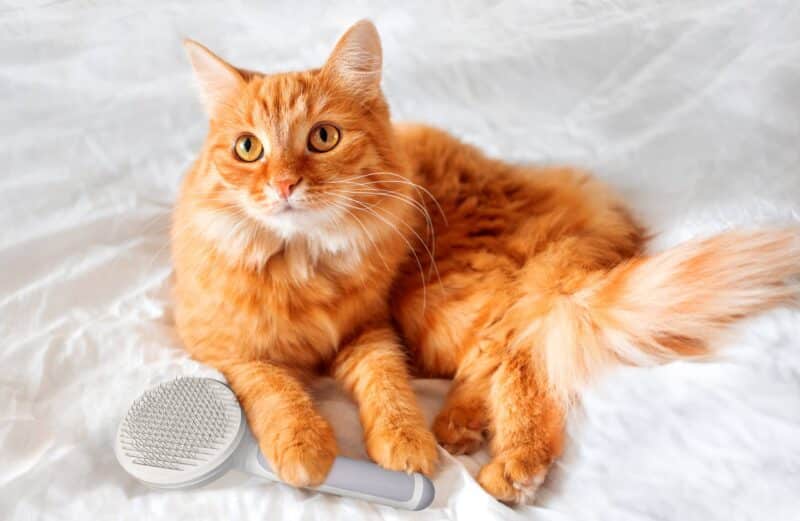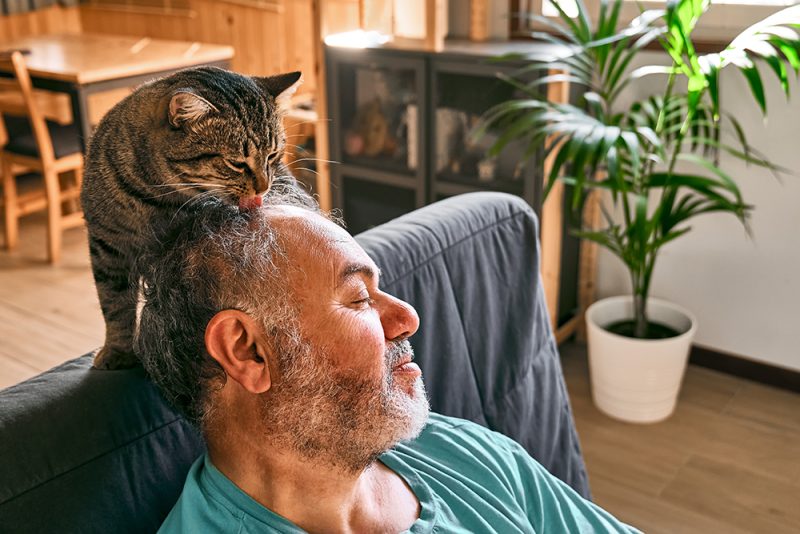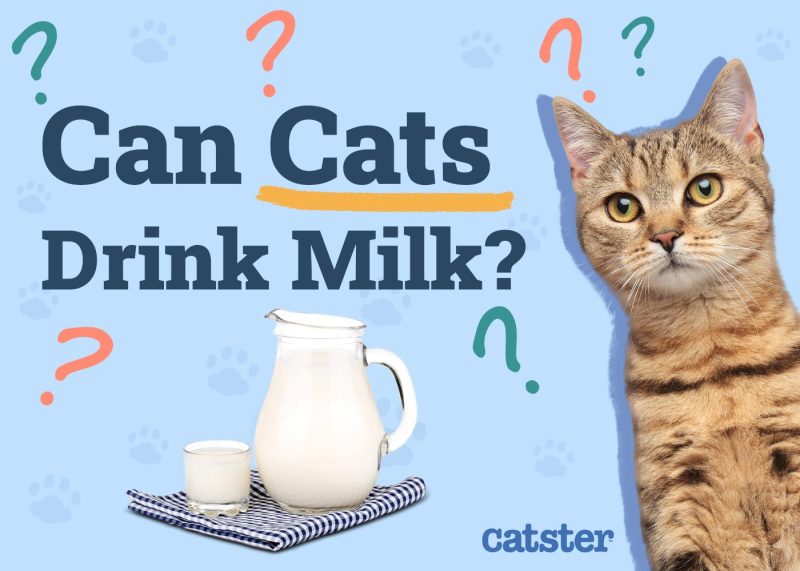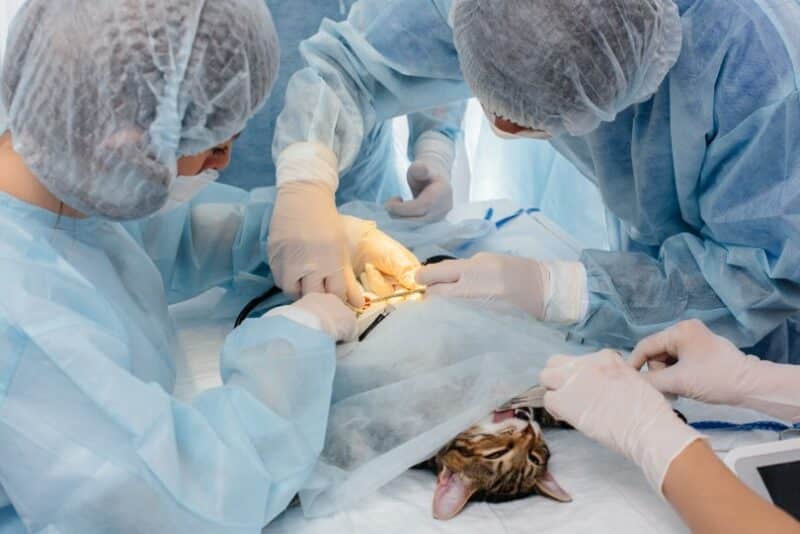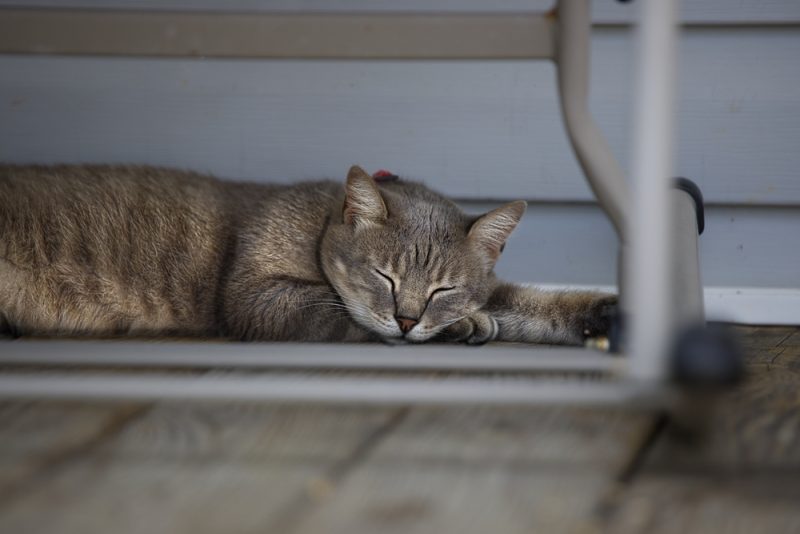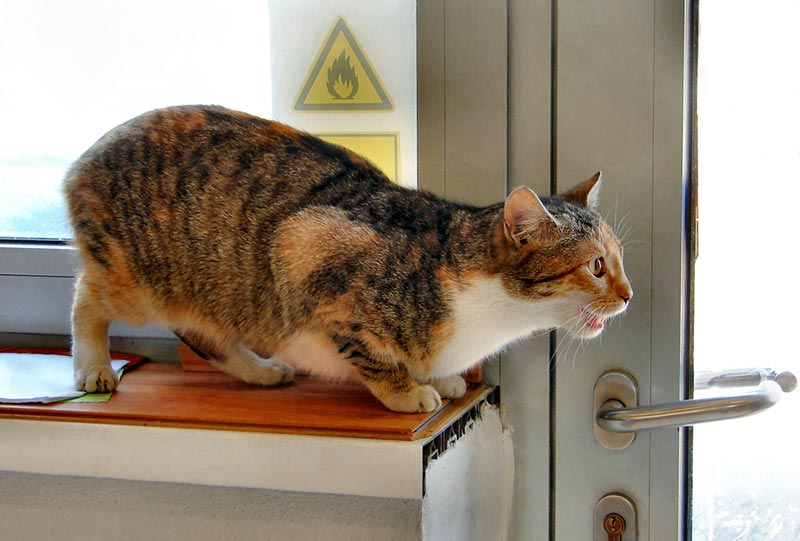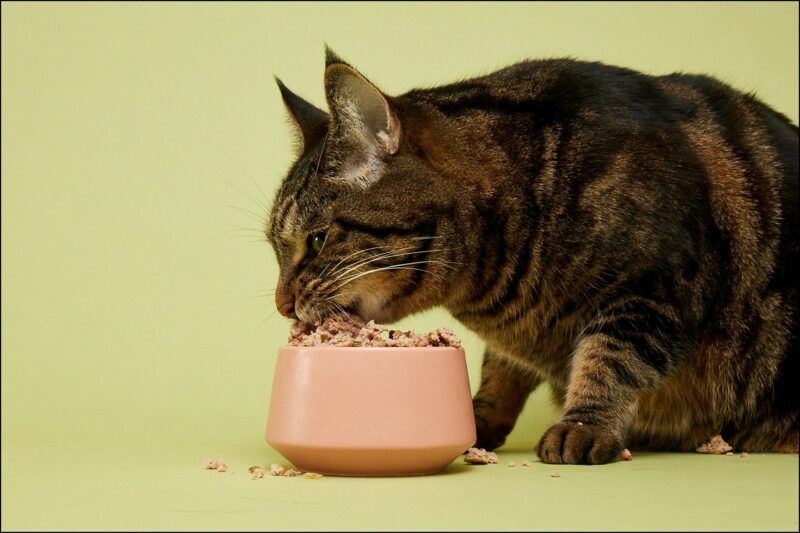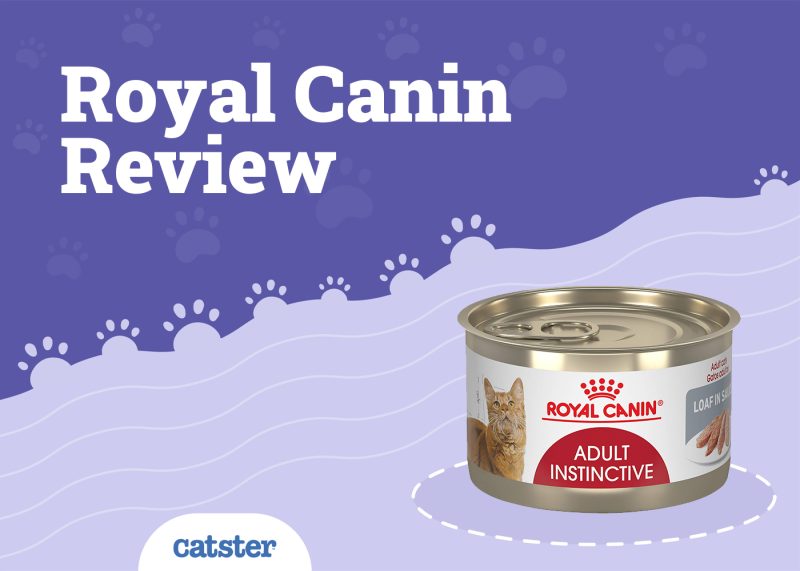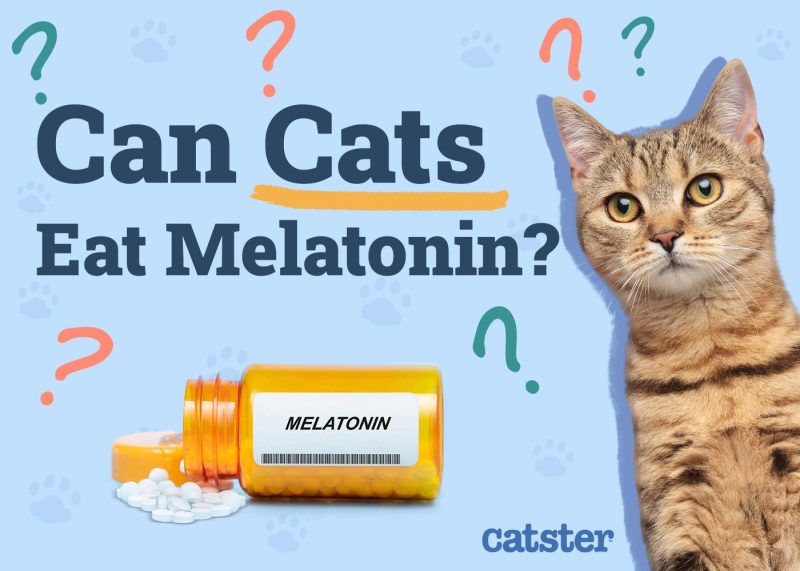Rice cakes are a popular snack among vegan and health-conscious people. But are they a healthy snack for your cat? Rice cakes might seem harmless, but should you let your animals eat them? The answer is that rice cakes are almost completely harmless, but that doesn’t tell the whole story. Like any human food, rice cakes can contain certain ingredients that you should be aware of. Furthermore, cats aren’t really designed to eat rice, so they don’t get much benefit from nibbling on a rice cake. So, rice cakes are not recommended for cat consumption.
Here is everything you need to know about cats and rice cakes, including ingredients, nutritional facts, and things to be aware of.

Can Cats Eat Rice Cakes?
Yes. Cats can eat rice cakes. Rice cakes are not harmful to cats. They contain no toxic or poisonous ingredients or materials that are likely to cause your cat to have a serious adverse reaction. Despite the benign nature of rice cakes, they provide no real benefit for felines. The most basic rice cakes contain just one ingredient: rice. Flavored rice cakes can also contain things like salt, sugar, or spices to make them a little more exciting, but the bulk of a rice cake is made from either plain brown or white rice that is dried and baked.
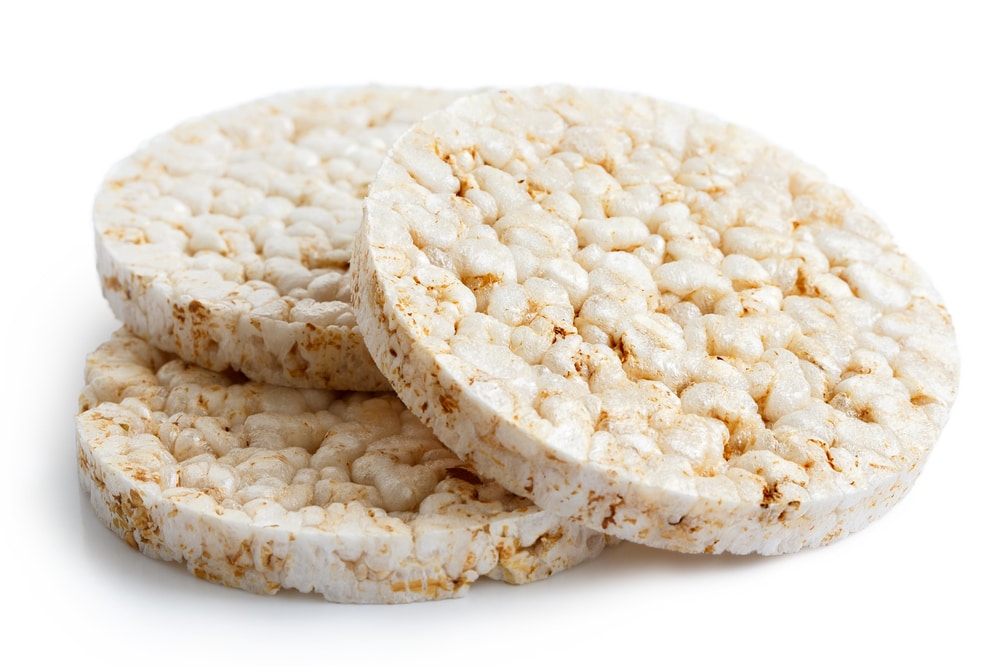
Rice Cake Ingredients
Rice cakes are a very simple food with few ingredients. Here are some of the ingredients found in rice cakes:
Basic Rice Cake Ingredients:
- Whole grain brown rice or white rice
- Salt (there are salt free varieties)
Some Varieties Might Also Include:
- Various seasonings
- Added sugars
Rice Cake Nutritional Facts
- Serving Size: One rice cake (9 g)
- Calories: 34.8 kcal
- Fat: 0.25 g
- Carbs: 7.34 g
- Protein: 0.73 g
- Fiber: 0.37 g
- Sodium: 2.34 mg
- Phosphorus 32.4 mg

Should You Feed Your Cat Rice Cakes?
No. You should refrain from feeding your cat rice cakes. Rice cakes provide very little nutritional value for cats. Cats are obligate carnivores that have evolved to get the lion’s share of their nutrients from meat and only require a small amount of carbohydrates in their diet. Since rice cakes are made entirely from rice, they really do not provide cats with any necessary or needed nutrients. Rice cakes will only provide empty calories to your cat and no additional nutritional benefits.

Potential Hidden Risks of Rice Cakes
Rice cakes can hide some potential risks. Depending on the style, flavor, and brand of rice cake, there could be additional things lurking that are not good for your cat. Your cat should not eat large amounts of sugar (or other carbohydrates) or salt. These ingredients are present in some rice cake varieties. Rice cakes can also contain a bevy of spices and artificial flavors used to spruce up the flavor pallet that might not be great for your cat.
The only rice cake that is truly 100% safe is the rice cakes that are made up of pure rice or ones that are lightly salted. Any other variety of rice cake with high salt content, sugar, added spices, or other things could potentially give your cat an upset stomach.
No rice cakes should be dangerous to your cat’s overall health or seriously toxic, they are just unnecessary.
Always Check the Ingredients
When in doubt, always check the ingredients. If your cat (or any animal) eats something they should not, you should double check the ingredients list to make sure there is nothing toxic hiding inside the food. Processed foods designed for humans are rarely good for animals. That includes rice cakes.
You should stick to giving your cat treats and dry food specifically made for cats. Any food made for humans is not going to be formulated with feline nutrition in mind, and therefore, it will not have benefits or value for your cat.
If your cat starts showing signs of illness or distress after eating a rice cake, do not hesitate to call a veterinarian and schedule a check-up to make sure that everything is okay. It is always better to be safe than sorry.
Need veterinary advice but can't get to the clinic? Catster recommends PangoVet, our online veterinary service. Talk to a vet online and get the answers and advice you need for your cat without having to leave your living room — all at an affordable price!


Conclusion
Plain and lightly salted rice cakes are almost completely harmless for cats. However, some rice cakes can contain excess sodium, sugar, and spice mixes that are not good for your cat. If your cat eats a rice cake of any kind, they will most likely be fine. If you are concerned about a particular rice cake, check the ingredients, and contact your vet for advice. Cats don’t need to be eating rice cakes, so refrain from feeding your cats these types of food on purpose. Rice cakes are human food, not a cat food.
See Also:
- Can Cats Eat Rice Pudding? Vet Reviewed Nutrition Facts & FAQ
- Can Cats Eat Cheesecake? Vet-Reviewed Nutritional Facts
Featured Image Credit: mmkarabella, Shutterstock
